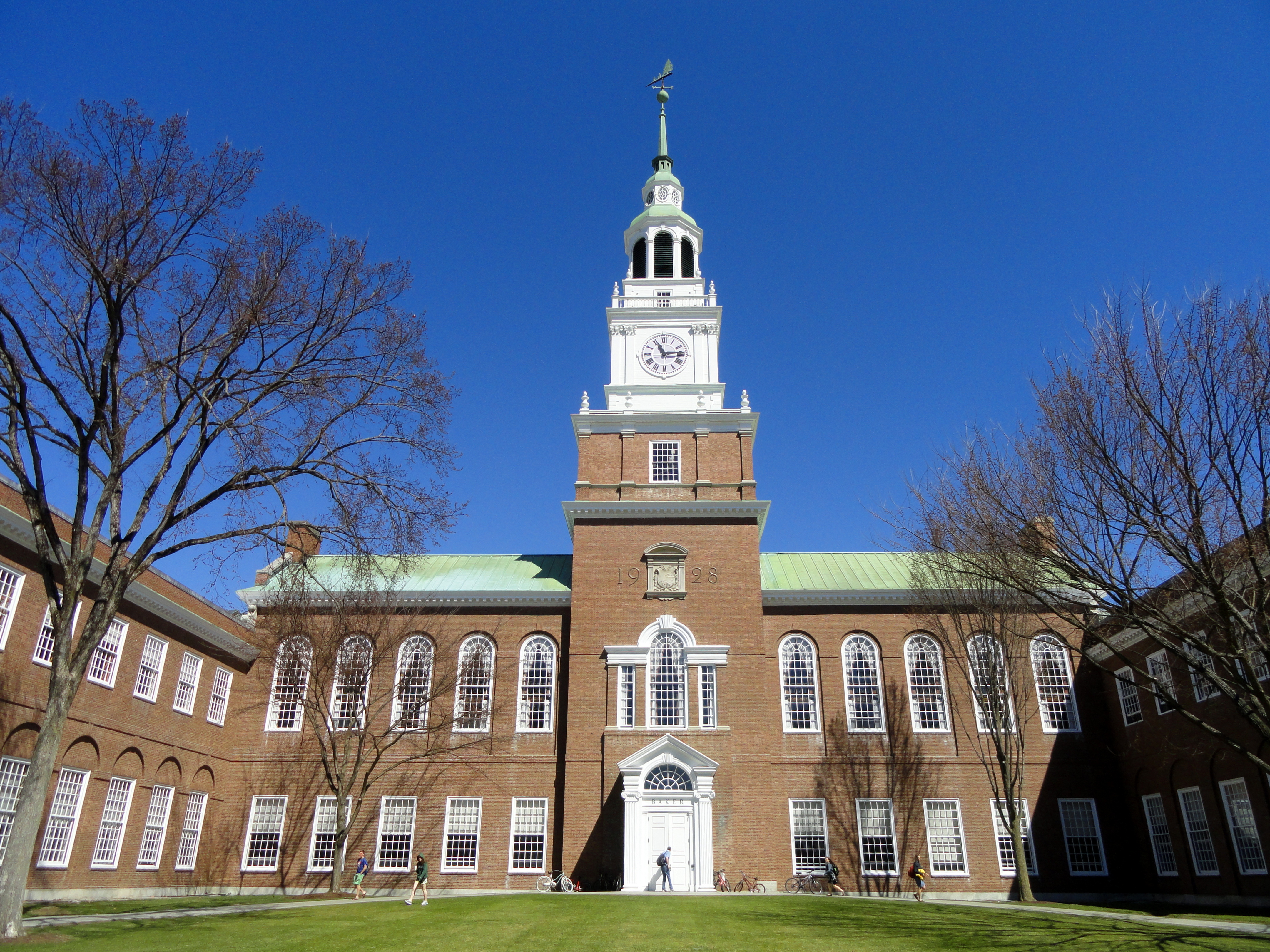by Joseph Beaden, Durham University
Like most of my generation, my childhood was heavily saturated with American teen movies and coming-of-age stories – films that portrayed American universities as idyllic, optimistic places, where our bubbly protagonist could finally discover their true potential. Growing up in the UK–and being limited by cost and distance–meant that for me, these sunny film portrayals were little more than a distant dream. That was until I was given the opportunity to visit Dartmouth college with the Matariki Network of Universities. My rose-tinted dreams of visiting America may seem childish, but to me, they reflect the exact mentality that the MNU exists to promote – an enthusiasm to engage with other ways of life, education, and seeing the world
Supported by the Matariki network based in Durham, I will be staying at Dartmouth College in New Hampshire for 7 weeks, from June to August. During this time, I will be working with the Center for Social Impact – a body within the university that works to connect talented students to local nonprofits who can use their skills. Within this placement, I will be working on the implementation of the Center’s strategic communications program, and working with a range of sustainability focussed non-profits around the college. My previous projects have mostly been academic and research focussed, so the opportunity to gain more practical experience is one I am excited for.
My decision to apply was partly based on my previous research interest. Through other university programs, I had been given the opportunity to research the history of nationalism–in particular focussing on East Asia and Korea. For me then, the MNU’s theme of ‘global citizenship’ was one that threaded together nicely with my previous interests. The world of the 21st century is one almost entirely defined by nations, and the idea of exploring forms of identity outside of this nationalist paradigm is something that greatly interests me. In travelling to America, I hope to gain a better understanding of other ways of seeing nations and citizenship, that could shape my own research. At a more fundamental level, travelling creates a contrast, which allows you to more effectively reflect on your own lived experience. If every one of us grew up seeing ourselves as members of a national ‘imagined community’, then one of the best ways to understand the phenomenon is to look inwards.
My work at Dartmouth will be fundamentally based around working with local communities–the Center for Social Impact is based around connecting talented students to community projects that could use their skills. This community engagement is the second crucial thing I hope to gain from this exchange. My previous work in community engagement had been in education–I had worked with several programs to teach oracy to students around the North East of England. At Dartmouth, I hope to refocus this interest toward sustainability; to explore new ways of supporting communities. In the academic ‘bubble’ of Durham (and academia more broadly) it is easy to call for sustainability, without considering the ways that such programs affect communities on the ground. By working with local non-profits, I hope to gain a deepened understanding of the ways that we can adapt academic discourse, to bring real benefits to communities outside of the ivory towers.
Overall, the opportunity to travel to Dartmouth for seven weeks is one that I am incredibly lucky to have been given. I fully intend to make the most of the experience, and to develop skills that I can contribute to the Matariki Network here in Durham.

This article was written by Joseph Beaden, a second-year History student at Collingwood College, Durham University who will be going on the Matariki Fellowship to Dartmouth.

